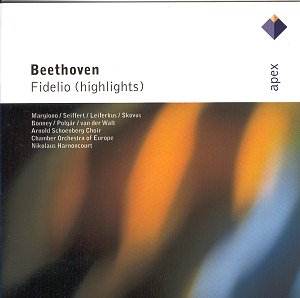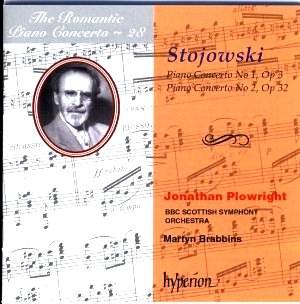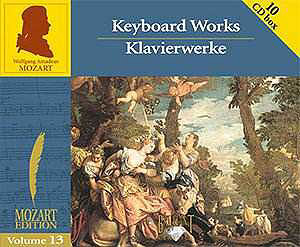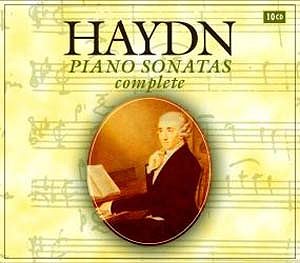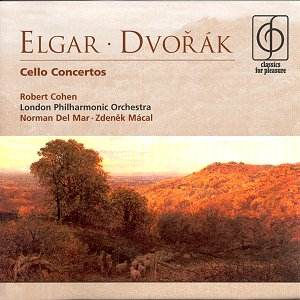 Composer: Antonín Dvořák
Composer: Antonín Dvořák
Works: Cello Concerto in B minor, Op. 104; Sir Edward Elgar, Cello Concerto in E minor, Op. 85
Performers: Robert Cohen (cello), London Philharmonic Orchestra, Zdenek Macal (Dvořák), Norman Del Mar (Elgar)
Recording: 23-24 April 1981, Watford Town Hall (Dvořák); 10-11 January 1980, Walthamstow Assembly Hall (Elgar)
Label: CLASSICS FOR PLEASURE CFP CD 5 74879 2 [70.29]
The Cello Concertos of Dvořák and Elgar stand as towering achievements in the repertoire, each reflecting the distinctive national characteristics of their composers while also tapping into the universal themes of loss and longing. Dvořák’s Cello Concerto, composed in 1894, is informed by a deeply personal narrative, echoing the composer’s grief over the loss of his first love. In contrast, Elgar’s Concerto, written in the aftermath of World War I, embodies a haunting introspection borne from the tumultuous period in which it was created. This recording, featuring Robert Cohen with the London Philharmonic Orchestra, offers an opportunity to explore these masterpieces through performances that resonate with both historical significance and interpretative depth.
Cohen’s interpretation of Elgar’s Cello Concerto is particularly compelling, marked by a sensitivity that captures the work’s elegiac quality. The opening cadenza, while perhaps lacking in sheer physicality, reveals a tone that is rich and nuanced, effectively establishing a rapport with the accompanying orchestra. The balance between soloist and ensemble is judiciously maintained, allowing each phrase to develop organically, a quality that is crucial given the concerto’s intricate dialogue between cello and orchestra. The lush orchestration, conducted by Norman Del Mar, complements Cohen’s playing, creating an immersive soundscape that underscores the emotional gravity of the work. Notably, the poignant moments leading to the final movement are executed with a delicate touch, showcasing Cohen’s ability to convey both introspection and urgency.
In contrast, the Dvořák performance, under Zdenek Macal’s direction, feels less cohesive. Though technically proficient, the interpretation lacks the sweeping intensity that this work demands. The first movement’s quasi-symphonic breadth is not fully realized, and the ebb and flow of the musical narrative feel restrained. The emotional weight derived from Dvořák’s reflections on love and loss is not as profoundly palpable as one might hope. The orchestra, while capable, does not quite achieve the dynamic interplay necessary to elevate the music to its full potential. This is particularly evident in the climactic moments, where the interplay between cello and orchestra should evoke a tempest of feeling but instead feels somewhat muted.
Recording quality is commendable, with the acoustic environments of Watford Town Hall and Walthamstow Assembly Hall serving the orchestral textures well. The engineering ensures clarity, allowing both the cello and orchestral parts to resonate with clarity. Despite the age of the recording, the sound remains vibrant, allowing listeners to appreciate the intricate details of both performances.
Comparatively, this recording may not rival the legendary interpretations of cellists like Rostropovich or Jacqueline du Pré, but it offers a valuable perspective nonetheless. Cohen’s interpretations, while not without their limitations, provide significant insights into these iconic works. The Elgar performance stands out as a high watermark of the recording, while the Dvořák, though fulfilling, leaves room for a more impassioned interpretation.
An assessment of this recording reflects the dual nature of the legacy it captures: the Elgar Concerto is presented with an interpretative clarity that honors its emotional depth, while the Dvořák, although solid, invites the listener to seek out performances that might more fully embrace its sweeping emotional landscape. Given the bargain price, this collection serves as a competitive entry point into the cello concerto repertoire, particularly for those looking to explore the intersections of Romanticism in the works of Dvořák and Elgar.
